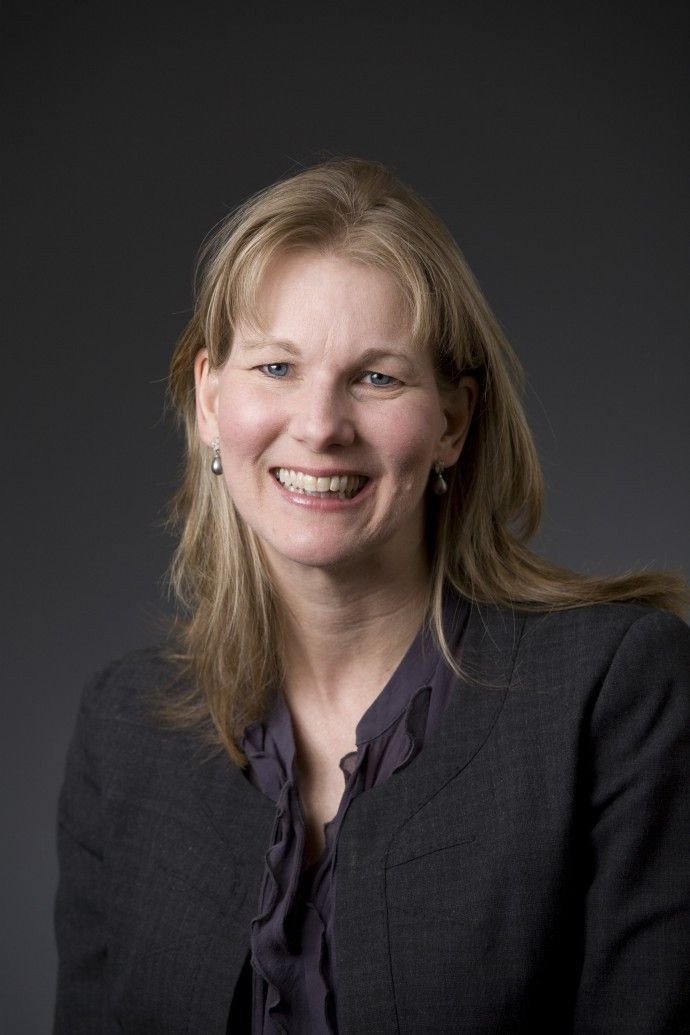'2011 is going to be a strong year for MBA recruiting'

When Bloomberg Businessweek published its recent list of MBA rankings indicating employment rates at graduate business schools, the Tuck School of Business at Dartmouth came out at the top of the list of schools in the US, in terms of job offers.
An impressive 97 percent of the class reported confirmed placement within three months of graduation. Recruiting at Tuck has been very strong this year with a broad range of industries hiring pretty aggressively, most of them at levels consistent with those seen prior to the downturn. Not surprisingly, therefore, Rebecca Joffrey - Director of Career Education in the Career Development Office at the school - is extremely upbeat about what the Class of 2011 can look ahead to.
The economy may not have come out of the downturn entirely, she says, But MBA talent is very much in demand; I think it's because companies realize that they have to grow their way out of the recession and MBA grads can really effectively help them do that.
Companies also have some pent up demand as many of them have had freezes on hiring in the recent past. But while there was little or no hiring, the work did not go away, points out Rebecca and organizations are looking at filling the employment gap as the recovery sets in, however slow.
When asked if the recession has brought about a change in what employers expect from MBA recruits today or if there has been a reprioritization in terms of desired attributes; Rebecca replied, In some ways, yes. For corporate recruiters, a global mindset has emerged as a critical attribute among potential employees. Companies, more than ever before, realize that their growth path has to be charted across borders and the people who drive that growth must therefore have an international mindset. The other thing that recruiters seem to be looking at is commercial instinct - the ability to create or build on solutions and grow markets.
As for all other B-schools, attracting recruiters had been a struggle for Tuck, too, at the height of recession. 2009 had been a difficult year for us, admits Rebecca, and what we did at Tuck was to maintain our relationships with corporations in whichever way possible. Even if they weren't hiring in a particular year, we knew they would be coming back.
Anticipating a tough season in 2010 as well, the School put in place a number of outreach programs and initiatives in 2009. Grasping the imperative of tapping global opportunities, they traveled extensively to meet with companies and connected former and current students in various ways. Tuck also partnered with other schools to set up interview forums in Boston and San Francisco.
The school has traditionally been very alumni-centric and Rebecca says, We focused a lot on our alumni as a means of creating and building relations with companies. They were extremely responsive and just rose to the occasion. That's certainly one of the reasons that we fared so well.
My outlook for 2011 is very strong - companies that had not recruited since even before the downturn are coming back with strong hiring plans, so I am very optimistic about the access to opportunities that MBA students will have in the coming year, concludes Rebecca.
She also has some strong words of advice for graduates: Be very open minded about the opportunities ahead, as many of them are going to be 'emerging' opportunities that were not there historically; it's important to really scan the world and understand what companies' strategies are and what they are looking for. Don't just assume that the opportunities ahead are the same ones that were there before. The playing field for the MBA degree is going to be very international in character in the times to come and students must be well-prepared.
© Copyright IBTimes 2025. All rights reserved.





















